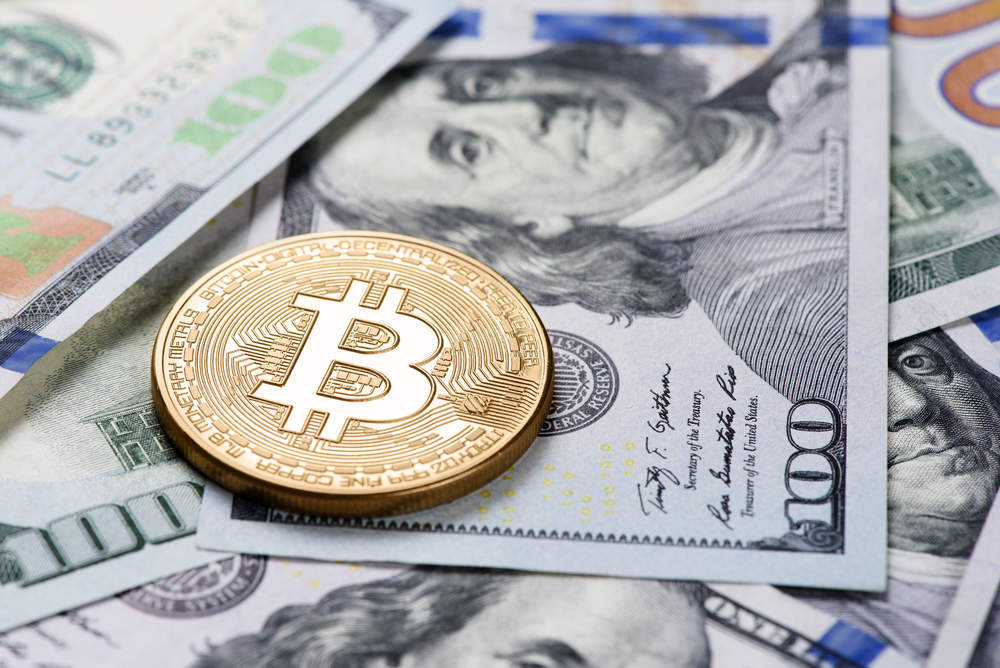The circulation of bitcoin has increased 20 percent since January 2015, with 12.5 bitcoins currently being added to the system every ten minutes.
Yet, while adoption is on the rise and consumers are showing an increasing appetite to find places to spend their bitcoins, major retailers have not become fully accustomed to the cryptocurrency.
The first retailers began accepting bitcoin in 2014 when US online store Overstock, a company with $1.3bn in annual sales, became the first retailer to allow consumers to purchase any item, from phone accessories to lawn furniture, using the digital currency.
The company said that by accepting bitcoins it would enable it to attract more international shoppers, as they would not incur transaction fees as they do with regular currencies.
Following Overstock, Microsoft and Dell have begun accepted bitcoin as a form of payment.
However, these retailers, including Dell, use intermediary companies such as Coinbase to process bitcoin payments.
How well do you really know your competitors?
Access the most comprehensive Company Profiles on the market, powered by GlobalData. Save hours of research. Gain competitive edge.

Thank you!
Your download email will arrive shortly
Not ready to buy yet? Download a free sample
We are confident about the unique quality of our Company Profiles. However, we want you to make the most beneficial decision for your business, so we offer a free sample that you can download by submitting the below form
By GlobalDataRetailers are also concerned to see companies like Amazon shy away from accepting the cryptocurrency on its sites.
The main reason for their reluctance is bitcoin’s incredibly high volatility compared to standard currencies — in August 2016 the price of bitcoin dropped by 20 percent in one day after Bitfinex, the third largest bitcoin exchange in the world, revealed that it had been hacked.
While major retailers in the US and the UK are currently wary of accepting payments from the digital currency, they cannot continue to ignore the rise in popularity of cryptocurrencies.
Consumers are increasingly seeing the benefits of using bitcoin, particularly in its privacy and high-security attributes, as when using a virtual currency to make a transaction, the consumer only shares a public key, a sequence of letters and numbers unique to the consumer, and the amount paid.
There is no personal information shared that could make the consumer susceptible to identity theft unlike when purchasing for goods online via credit or debit card.
Additionally, bitcoin can help retailers further expand their global audiences, as the e-currency is a borderless currency, allowing consumers to purchase items without converting into local currency, which could potentially boost retailers’ sales.
One of the world’s largest retailers, Walmart, is currently in the process of trialling blockchain, the underlying technology behind bitcoin, which could propel the retailer to actually use the digital currency in the future.








Related Company Profiles
Dell Technologies Inc
Microsoft Corp
Amazon.com Inc